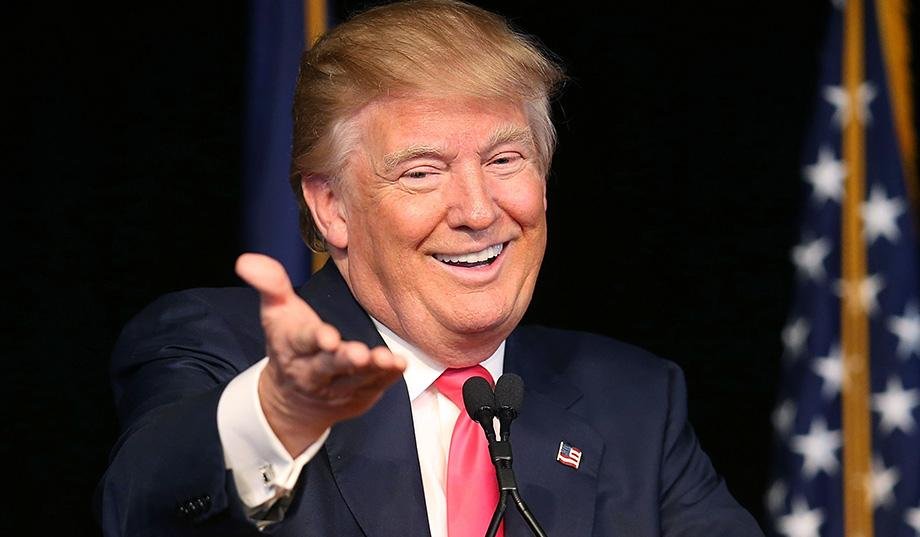With at least eight universities and state governments in the United States of America filing lawsuits against the government of President Donald Trump rule requiring international students to transfer or leave the country if their schools held classes entirely online because of the pandemic, the federal agency that came out with rule has changed course.
The rule had been announced last week by the Immigration and Customs Enforcement and two institutions, Harvard University and the Massachusetts Institute of Technology immediately filed a lawsuit challenging the rule.
According to reports by Huffington Post, just at the start of a hearing in the federal lawsuit in Boston brought by Harvard University and the Massachusetts Institute of Technology, U.S. District Judge Allison Burroughs said federal immigration authorities had agreed to pull the July 6 directive and “return to the status quo.”
READ ALSO: Harvard, MIT Sue US Govt Over Threat To Deport Foreign Students
A lawyer representing the Department of Homeland Security and U.S. Immigration and Customs Enforcement said only that the judge’s characterisation was correct.
The announcement brings relief to thousands of foreign students who had been at risk of being deported from the country, along with hundreds of universities that were scrambling to reassess their plans for the fall in light of the policy.
Under the policy, international students in the U.S. would have been forbidden from taking all their courses online when schools resume in September.
New visas would not have been issued to students at schools planning to provide all classes online, which includes Harvard.
Students already in the U.S. would have faced deportation if they didn’t transfer schools or leave the country voluntarily.
READ ALSO: US Asks Foreign Students On Online Classes To Leave
The policy drew sharp backlash from higher education institutions, with more than 200 signing court briefs supporting the challenge by Harvard and MIT.
Colleges said the policy would put students’ safety at risk and hurt schools financially. Many schools rely on tuition from international students, and some stood to lose millions of dollars in revenue if the rule had taken hold.
Harvard and MIT were the first to contest the policy but at least seven other federal suits had been filed by universities and states opposing the rule.








